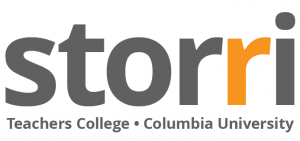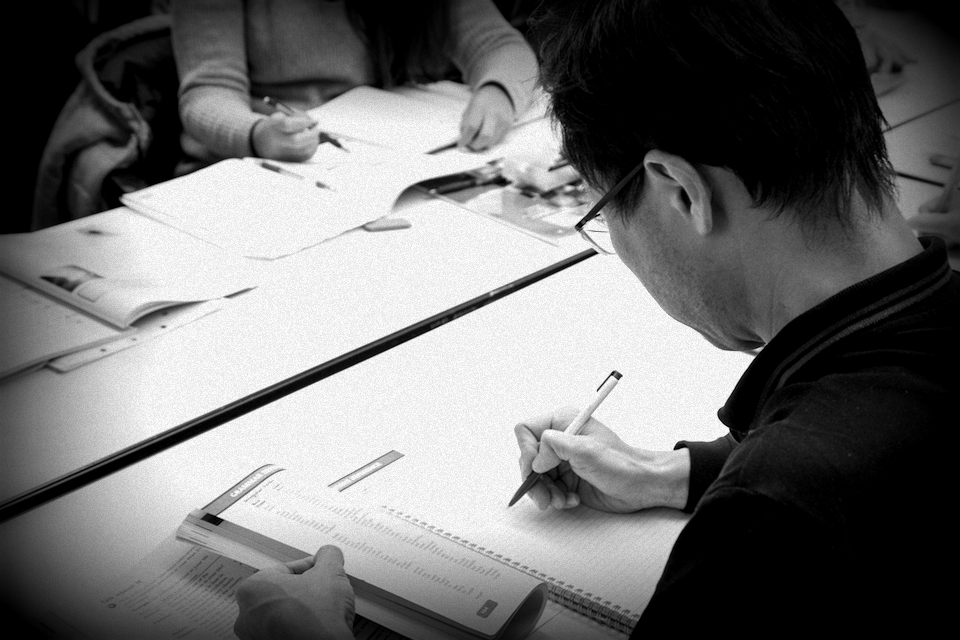The Politics of Teaching
Last year, I began my AP English language course with rhetorical analyses of the Declaration of Independence, Martin Luther King Jr.’s “Dream” speech and his “Letter from a Birmingham Jail,” and followed these with A Raisin in the Sun. The thematic connections are obvious, and that is the problem. It got awfully tiring, for me and for the students. We bludgeon students with messages about equality and the evils of racism from elementary school all the way through high school. They become numb to it, bored with it, irritated by it, incredulous that we seem to think they didn’t get it the first time. I don’t blame them.
On the other hand, I am not willing to minimize its importance, so I’ve changed its focus and the way I approach it. I’ve kept the analyses of the Declaration of Independence and both pieces by Martin Luther King, but instead of reading A Raisin in the Sun after those, my students read Of Mice and Men concurrently, and then Chaim Potok’s novel The Chosen. They also read more contemporary, tangentially related essays.
Things were proceeding brilliantly with the first few texts, and so we dove into The Chosen. Although entirely different from Of Mice and Men in its philosophical outlook, this novel also focuses on themes of friendship, loyalty, and the mysterious connections between people. Its two protagonists are strict Orthodox Jewish boys, Danny and Reuven, who develop a brotherly friendship. Danny is a genius with a photographic memory, but his intelligence is cold, and so his father never speaks to him except when they study Talmud. In this, he teaches his son to feel pain, and hence to see it in others.
Midway through our study of this book, on a Friday afternoon after class, five students lingered in my classroom giggling over something. They were three girls and two boys, all very bright kids. I overheard one of them say, “He looks Arab,” and another respond, “No, he looks Jewish.” I asked what they were giggling about, and one of them happily handed me a picture they had drawn, a caricature of one of the two boys making him look stereotypically Jewish, with a huge nose, big unkempt curly hair, protruding lips, and a big head on a small body. It looked like something out of Der Stürmer [a weekly Nazi tabloid], circa 1938.
Some wellspring of feeling I had long since forgotten erupted in me, irrational and visceral. It was an indescribable hurt that made me feel my Jewishness in that low, brick in the bottom of the soul way that I hadn’t really felt since middle school when I got into a fight with a 16-year-old 8th-grader who fancied himself a neo-Nazi skinhead: a pure, absolute, heavy, grief-laden, glass-walled alienation. As they looked at me expectantly, I put myself in order.
I handed the picture back to the students and said to them all, “Where are your heads?” Their faces changed, and their mouths hung slightly open. They stared at me part vacantly and part bewildered. One weakly said, “It’s just a joke.” I replied, “Yes. Where are your heads?” Not knowing what to say, they left awkwardly and dismayed, not really sure what my question meant, unsure whether I was angry at them. I, too, was unsure. I wanted them to chew on it and figure it out for themselves as I needed to.
I felt low, but stupidly low, realizing that somehow I had allowed this foolishness to strip away decades of maturation and what I had thought was rhinoceros-thick skin.
After about 10 minutes, three of the students came back. They tentatively walked in, and one of them asked if I was busy. They all had tears on their faces. I knew what was coming, and felt sympathy for them. What they were trying to do was obviously difficult, but I thought it best not to prompt them, to let them wrestle with it so that it would come out as honestly as it could. They each said how sorry they were, how embarrassed they were, how bad they felt. I thanked them for coming back, said I knew it was difficult for them, that I know they are good kids and that I believe their apologies are sincere, and asked them to sit down for a few minutes. It seemed like a good moment to make some connections with them, but I was unsure of how to proceed. This is not something one plans for, and I am a muller, often slow to think on my feet.
Without forethought, I handed them an article I had written about helping my undocumented students, and asked them to take a few minutes to read it. I had decided it was important at that moment to directly reinforce the connection of democratic values and virtues to individual care for other persons. Prior to this point, though, I had not mentioned to the class that I am Jewish, and hadn’t intended to at this moment. It seemed almost cruel, and beside the point. I had forgotten that the article has these lines towards the end: “As man, teacher, father, Jew, Georgian, American, human being, and as their friend, [I] am morally diminished when the state in which I’ve made my home, from which I draw my salary, refuses, out of the sheerest ignorance and meanness, to allow these kids to live their lives like the rest of us.”
After I remembered what is in those lines, I began hoping they would still think of this as a lesson specific to all individual persons. The three students finished reading the article, sat back, and looked up at me. They were mortified, and had no idea what to say. They each quietly stammered again how sorry they were. I told them that I didn’t wish to belabor the point, but that I hoped they now realized what the purpose was of everything we’ve been doing this semester. They nodded and said yes, and apologized again. The following Monday was the Martin Luther King Jr. holiday.
We finished studying The Chosen that Friday, and they were deeply affected by it, not, I hope, by the “Jewishness” of the book, but by the power of the relationships between Danny and Reuven and between those characters and their fathers.
Ian Altman
Reprinted by permissions of the Publisher, From Bob Fecho, et al (eds.), Teaching Outside the Box but Inside the Standards: Making Room for Dialogue, New York: Teachers College Press. Copyright ©2016 by Teachers College, Columbia University. All rights reserved.

